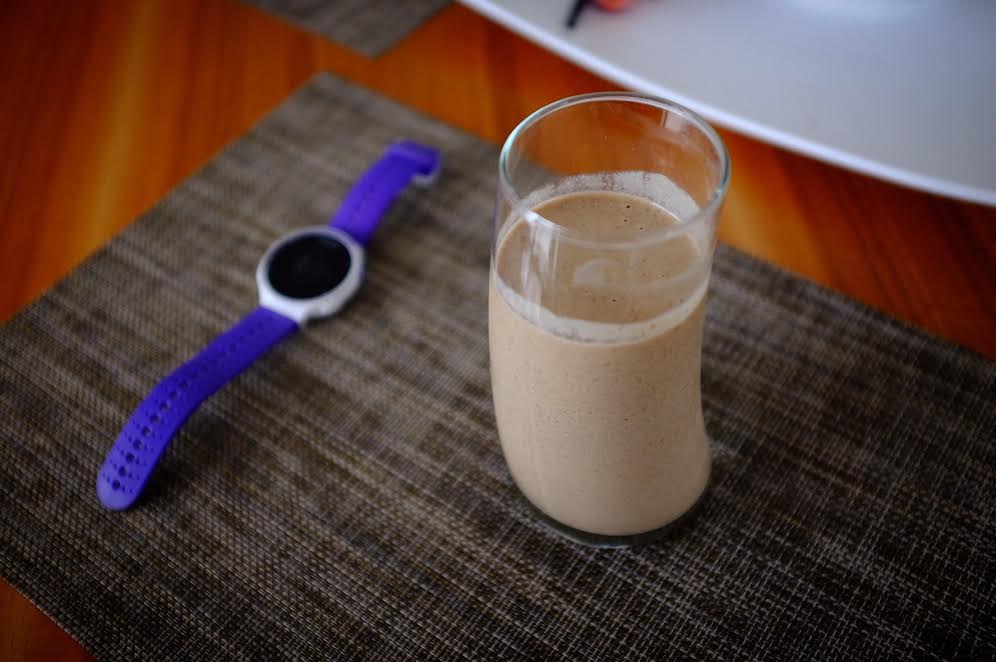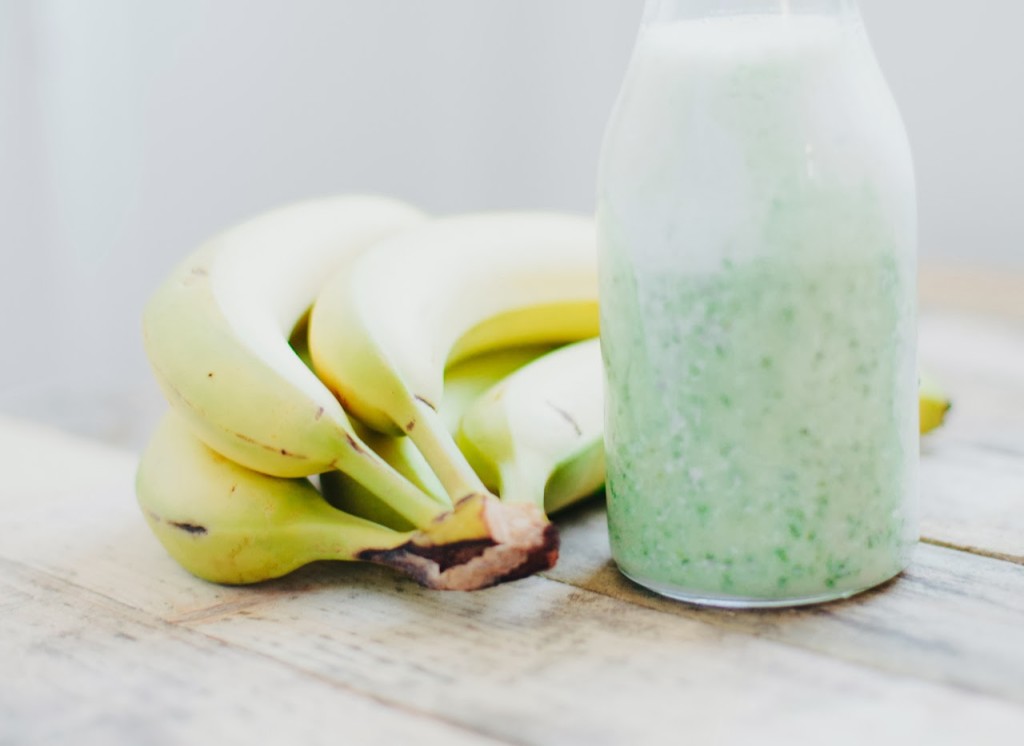Is vegan protein powder good for you?
A 2018 study sparked a conversation about protein powder, specifically vegan protein powder, and its link with heavy metals


Protein powder can be a great thing to work into your diet, especially if you’re trying to increase your daily protein intake. It’s portable, non-perishable, and easy to mix in with meals. But a 2018 study sparked a conversation about protein powder, specifically vegan protein powder, and its link with heavy metals.
The study by a group called the Clean Label Project examined the top 134 protein brands using data from Amazon and Nielsen’s best-seller lists. They were reportedly looking for “contamination with the heavy metals mercury, lead, arsenic and cadmium, for supply chain contamination and for process contaminants like BPA.”
The study found that “approximately 75 per cent of plant-based protein powders had measurable levels of lead. In addition to lead, the plant-based powders contained mercury, cadmium and arsenic.”
https://www.instagram.com/p/BnJaG8IgnHX/?hl=en&tagged=proteinpowder
If you’re vegan, or simply trying to work more plant-based meals and snacks into your diet, what do these findings mean for you? Melissa Piercell, ND, says that plant-based protein powder in moderation should be fine. “The vegetable products used in vegan protein powders come from the ground. Because of that, they can bring up some heavy metals from the soil. What’s found in the protein powder isn’t an added ingredient, it’s from the soil.”
She continues, “As long as you’re not having plant-based protein powder as a consistent meal replacement, or multiple times a day, it should be a non-issue.”
RELATED: The 30-minute recovery window: why the post workout snack is so important
When purchasing a protein powder, she suggests looking for something that isn’t sweetened with aspartame. “You don’t want any chemical sweeteners in your protein, so no sucralose or acesulfame potassium, which are the cousins of aspartame. They can be inflammatory, and some studies have suggested they can inhibit growth.”
The four main kinds of plant-based protein powders are hemp, soy, rice and pea-based powders. Piercell suggests that hemp is the most hypo-allergenic of the options, “It’s paleo, so it’s safe for anyone following that diet.”

Post-workout you’re looking for 20-30 grams of protein. But Piercell reinforces that, like with everything nutrition, it depends on the person. She continues, “The rule of thumb is about half your weight, in grams, per day for total daily protein intake. And that’s your minimum. Most active people should be shooting for roughly 30 grams of protein per meal.”
Piercell suggests that runners shouldn’t fear protein powders as long as they are used in moderation and purchased selectively.


